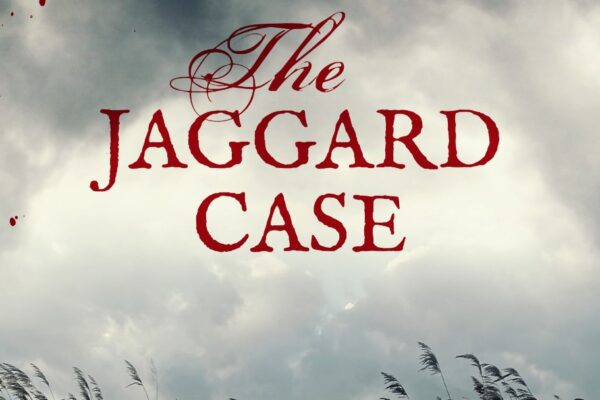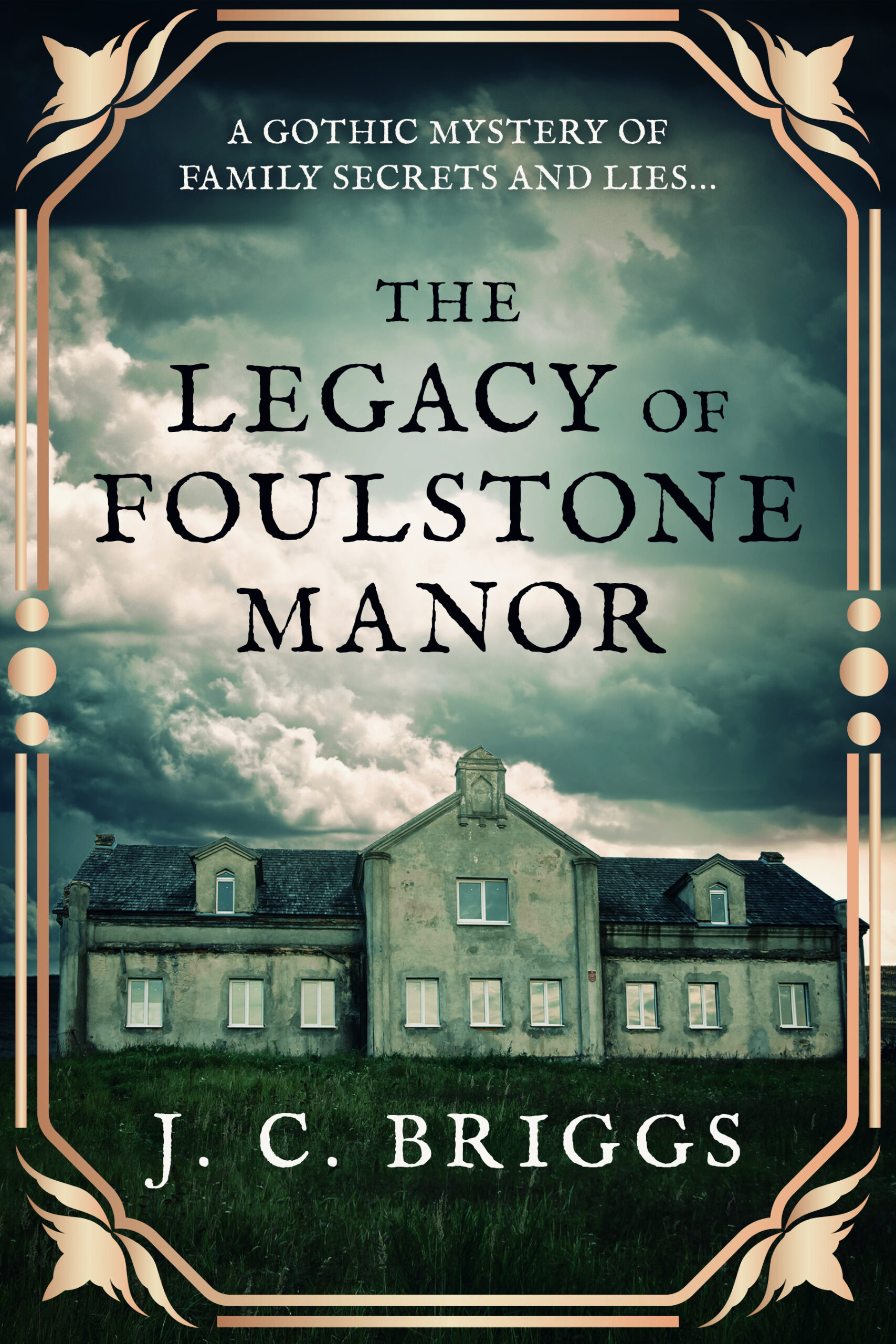Mr Dickens’s Guide for Lovers
Warnings, Wooings, and Willingness
‘There are strings in the human heart that had better not be vibrated.’
Sometimes it’s better just to stop before you start. But if you must, then heed the advice of Mr Jellaby to his daughter in Bleak House:
‘Unless you mean with all your heart to strive to do it, then you had better murder him than marry him.’
A bit extreme, but Caddy chooses marriage to Prince, her dancing-master fiancé, despite his selfish father Mr Turveydrop.
Ah, well, if you haven’t heeded the warnings, remember the words of Mr Idle in The Lazy Tour of Two Idle Apprentices:
‘No trouble enough to fall in love. It’s trouble enough to fall out of it.’
What if you’ve given the wrong impression? Make your feelings clear before it’s too late. Mrs Edith Dombey has some very severe advice for Mr Carker who thinks she’s his for the taking:
‘Stand still! Or I shall murder you.’
I think that’s pretty clear but she hasn’t finished yet:
‘… the lightest touch of your hand makes my blood run cold… from the hour when I first saw and hated you… you have been a loathsome creature to me…’
He doesn’t take it well:
‘The foam was on his lips; the wet stood on his forehead.’
Temper, Temper! But he’s no match for her and she escapes his clutches. Well, he would have clutched her if she hadn’t had a knife in her hand. He comes to a sticky end.
Or suppose you cannot hide your true feelings, what are you to do? Perhaps avoid going as far as Mr Toots from Dombey and Son, who declares that such is the depth of his love that he could be:
‘transmigrated into Miss Dombey’s dog – I – I really think I should never leave off wagging my tail.’
His suit is rejected, but, unlike Mr Carker, he takes it like a man:
‘I shall consider it my duty… until I am claimed by the silent tomb, to make the best of myself, and to have my boots as brightly polished, as – as – circumstances will admit of.’
Most gentlemanly, indeed, and a lesson to those whose hopes are blighted.
Wooing.
This will, of course, require some expense on behalf of the gentleman wooer. First, there are the new clothes:
Transported by his passion for Dora Spenlow, David Copperfield buys:
‘four sumptuous waistcoats… and took to wearing straw-coloured kid gloves in the streets, and laid the foundations for all the corns I have ever had.’
Suitable gifts.
Flowers, of course. David Copperfield loves Miss Larkins: ‘Pink camellia japonica – price half a crown.’ No expense spared. But money wasted, I am sorry to report.
But maybe you strive for originality. Miss Shepherd is another of David Copperfield’s fancies:
‘Why do I secretly give Miss Shepherd twelve Brazil nuts for a present?’
Why, indeed, and why: ‘soft, seedy biscuits and oranges innumerable?’
Ah, it was Shakespeare who linked the lunatic and the lover.
Passion
By Miss Shepherd, David Copperfield is electrified:
‘I touch Miss Shepherd’s glove and feel a thrill go up the right arm of my jacket and come out of my hair.’
That’s what led to the Brazil nuts. But, no, she prefers Jones to Brazil nuts, ‘a boy of no merit whatsoever.’
But there is still Miss Larkins for whom David’s passion is ‘beyond all bounds’ Alas, it is not to be; she prefers Mr Chestle, the plain and elderly hop grower. Hops more persuasive that half crown camellias obviously, and Miss Larkins is no spring chicken. Of course, Mr Chestle is a man with money as well as hops.
At last Dora who returns his love. Just as well as David is ‘swallowed up in an abyss of love.’
As is Pip in Great Expectations who loves Estella because he finds her ‘irresistible’. Nothing to be done about that. Even when she turns him down for another, he cannot help himself:
‘You are part of my existence, part of myself.’
And so, it turns out. He loses her, yet he cannot forget her:
‘Whatever concerned her was nearer and dearer to me than anything else in the world.’
The Proposal
Should you get this far, there is only one example to follow. Simple and straight to the point:
‘Barkiss is willin.’
It does the job.
Marriage
Happiness for Mr and Mrs Bagnet in Bleak House:
‘The old girl,’ says Mr Bagnet, ‘is a thoroughly fine woman… I never saw the old girl’s equal.’
And so are Inspector Bucket and his Mrs, a happy couple. Inspector Bucket is a husband who:
‘highly appreciates the society of Mrs Bucket, a lady of natural detective genius…’
His equal in investigatory skills, it is Mrs Bucket’s vigilance which helps catch a murderer.
Not so rosy for Mr and Mrs Lammle in Our Mutual Friend. A slight misunderstanding during the wooing seems to have blighted their passion:
’You are a man of property?’
‘No.’
‘Then you have married me on false pretences?’
‘So be it. Do you mean to say you are a woman of property?’
‘No.’
‘Then you married me on false pretences.’
Equals in their own way – equal in deceit and continuing rapacity. Stuck with each other then. Divorce was only for the very, very rich.
The End of It
‘Thirteen year of temper in a palace would try the worst of you , but thirteen year of temper in a a cart would try the best of you… There’s thousands of couples would go to the Divorce Court in a cart.’
So opines the Cheap Jack, Doctor Marigold, travelling the country, selling the goods from his cart, living in it with his bad-tempered wife. They might have got on better if they’d had a house to live in.
Though Mrs Edith Dombey has a very fine house and still hates her husband. It’s all over very quickly:
‘Do you think you can degrade, or bend, or break me into submission and obedience?’
His answer is equally unbending: ‘I place my reliance on your improved sense of duty and more correct feeling, Madam.’
Madam does not improve. And off she goes to Paris to tell Mr Carker what she thinks of him, too. You have to admire the lady.
Happy ever after?
Sometimes. So, let’s not despair. Here’s a happy couple to end with:
‘Seeing her husband’s face, she leaned forward to give it a pat on the cheek, declaring it to be the best face in the world.’ The former Bella Wilfer and John Harmon in Our Mutual Friend.
Oh, and David Copperfield. Yes, of course, it’s a happy ending:
‘Oh, Agnes, oh, my soul.’
Header image: Dora Spenlow from David Copperfield. Artwork by Frank Reynolds (1876-1953), Public domain, via Wikimedia Commons



